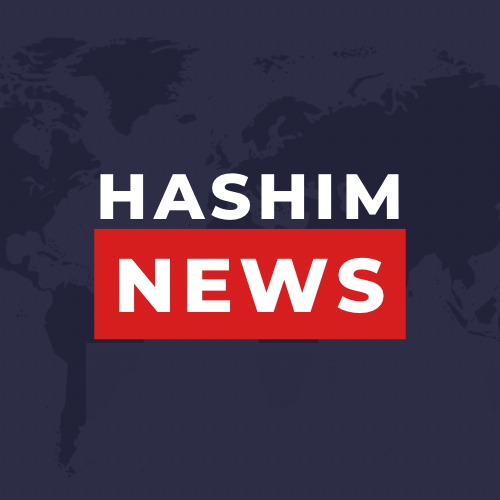Saudi Arabia, the birthplace of Islam, has long been viewed as a bastion of Islamic tradition and values. However, the current religious, political, and social landscape of the Kingdom raises questions about the vitality of Islamic fundamentals in contemporary Saudi society. This article explores the intricate balance between tradition and modernity, examining how the Kingdom's policies and societal shifts reflect a departure from its foundational Islamic principles.
Religious Status: A Shift from Conservatism
Historically, Saudi Arabia has adhered to a strict interpretation of Sunni Islam, particularly the Wahhabi movement, which emphasizes a literal interpretation of the Quran and Hadith. This conservative framework has influenced not only religious practices but also the legal and cultural fabric of the nation. The religious authorities, primarily the clerics of the Wahhabi sect, held significant power, dictating social norms and laws that aligned with their strict interpretation of Islam.
In recent years, however, the Saudi government, under the leadership of Crown Prince Mohammed bin Salman (MbS), has initiated a series of reforms known as Vision 2030. These reforms aim to modernize the economy and society, reducing the Kingdom's dependence on oil and opening up to global markets. While some of these changes have been welcomed, they also signify a departure from traditional Islamic values. The introduction of entertainment options, the easing of gender segregation, and the promotion of tourism challenge the long-standing religious conservatism that has defined the Kingdom.
The state’s growing secularism raises concerns among traditionalists who fear that the essence of Islam is being diluted. Religious scholars have found themselves at a crossroads, navigating the tension between state interests and their interpretations of Islamic teachings. The once-powerful religious establishment has seen its influence wane as the government seeks to control religious narratives, often sidelining clerics who oppose reform.
Political Landscape: Control and Reform
Politically, Saudi Arabia has maintained a monarchy characterized by absolute power. The ruling family, the House of Saud, has used its authority to consolidate power, often suppressing dissent and limiting political freedoms. The recent reforms, while framed as progress, are also a means to maintain stability in a rapidly changing world. Critics argue that the government’s heavy-handed approach to dissent—exemplified by the crackdown on activists and dissenting voices—contradicts Islamic principles of justice and consultation (Shura).
The political narrative within Saudi Arabia has also shifted towards a more nationalistic and less religiously driven agenda. The portrayal of Islam as a unifying force is being replaced by a more pragmatic approach to governance, where economic development takes precedence. This shift poses questions about the future role of Islamic governance in a country where religion has been deeply intertwined with the state.
Social Dynamics: A Generational Divide
Socially, Saudi Arabia is experiencing a generational shift. The younger population, who make up a significant portion of the nation, is increasingly exposed to global ideas and lifestyles through social media and travel. This exposure has fostered a desire for more liberal social norms, challenging the rigid customs that have been upheld for decades.
Women’s rights, in particular, have been at the forefront of this societal evolution. While reforms have allowed women to drive and participate more actively in the workforce, the underlying patriarchal structures remain deeply entrenched. Many young Saudis advocate for further reforms in line with Islamic teachings that emphasize justice and equality, yet they face resistance from conservative factions who argue that such changes are un-Islamic.
The clash between traditionalists and modernists is palpable, creating a society divided along ideological lines. This division is not merely a reflection of differing opinions but highlights a broader struggle for the soul of Saudi Arabia, as citizens grapple with their identity in a rapidly changing world.
Conclusion: A Question of Identity
As Saudi Arabia navigates its complex interplay of religious, political, and social dynamics, the question arises: Are Islamic fundamentals dead in Saudi Arabia? While the Kingdom's drive towards modernization and reform reflects the realities of a globalized world, it also raises profound concerns about the erosion of core Islamic values.
The challenge lies in finding a balance between modernization and the preservation of Islamic principles that promote justice, compassion, and community. As the nation moves forward, it must grapple with these fundamental questions: What does it mean to be a Muslim in the 21st century? How can Saudi Arabia honor its rich Islamic heritage while embracing the future?
The answers to these questions will shape not only the future of Saudi Arabia but also its role as a leader in the Muslim world. The Kingdom stands at a crossroads, and the decisions made today will resonate through generations, impacting the global Islamic community for years to come.
Author: Boga Ali Hashim

























0 Comments